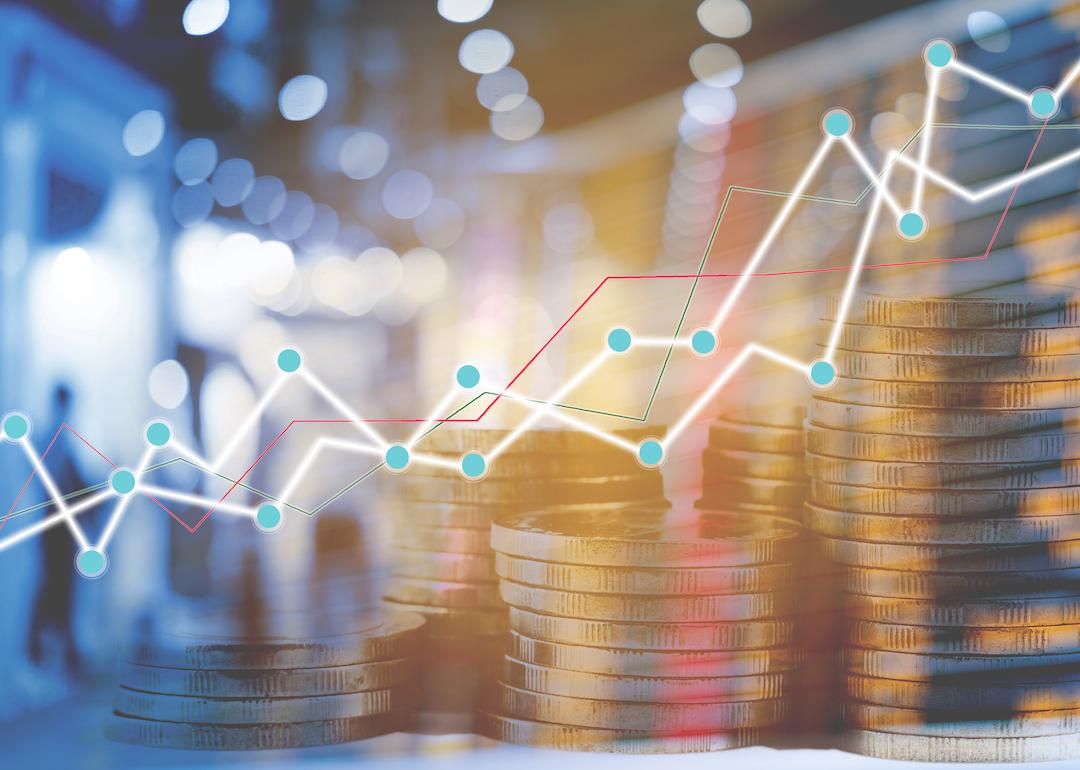
How San Miguel County, New Mexico's GDP has changed since 2018
How San Miguel County, New Mexico's GDP has changed since 2018
San Miguel County's GDP was $786 million in 2022—the #19 highest out of 33 counties in the state. New Mexico's overall GDP was $126 billion for the year, with San Miguel County's making up 0.6% of it.
San Miguel County's GDP fell about 2% from 2018 to 2022, adjusted for inflation, while the state's GDP grew about 9%.
Gross domestic product is the dollar amount that measures how many goods and services businesses created in a given time period. It's measured quarterly but also often talked about in annual terms.
It's of particular importance to world leaders and economists because a declining measurement for two consecutive quarters can mean that the country is in a recession—a significant decline in overall economic activity that creates pain for workers.
But it can be difficult to wrap our heads around how much our immediate communities contribute to that larger national picture and what kinds of work drive economic advancement for the places we live. That's why Stacker used data from the Bureau of Economic Analysis to illustrate how the GDP in San Miguel County has changed in the past five years.
Concerns about dropping GDP today are somewhat different than in 2020, when the U.S. last entered a recession, though they are linked.
Paralyzed by the COVID-19 pandemic, U.S. businesses produced sharply fewer goods and services between the end of 2019 and the second half of 2020. A historic number of workers were laid off by their employers in the spring, swamping states' welfare programs.
By summer, however, American businesses had shifted how they operated and began rehiring and reopening. Some moved to providing services remotely, and those who couldn't put health safety policies in place in warehouses, restaurants, and other in-person workplaces with varying degrees of success.
By and large, Americans continued to work through the worst of the public health disaster, which has killed 1.2 million Americans to date—more than the deaths involved in any single war since the country's founding. As they worked, Congress passed trillions in stimulus money meant to prop up the economy and keep Americans' wallets lined so that they could continue showing up to work and spending. And the U.S. GDP soared.
That additional money added to the economy to get through the pandemic also sent prices higher, diluting Americans' ability to buy goods and services. This led economic policymakers to adjust interest rates beginning in 2022 in order to keep inflation under control. Now analysts and world leaders are concerned about higher interest rates.
This story features data reporting by Paxtyn Merten, writing by Dom DiFurio, and is part of a series utilizing data automation across 3,099 counties.



